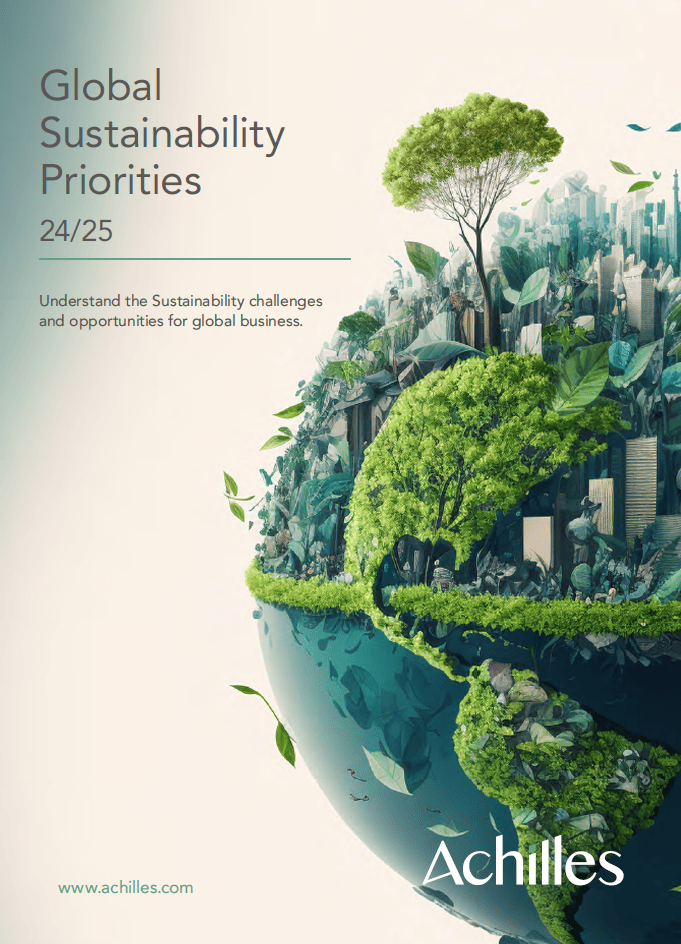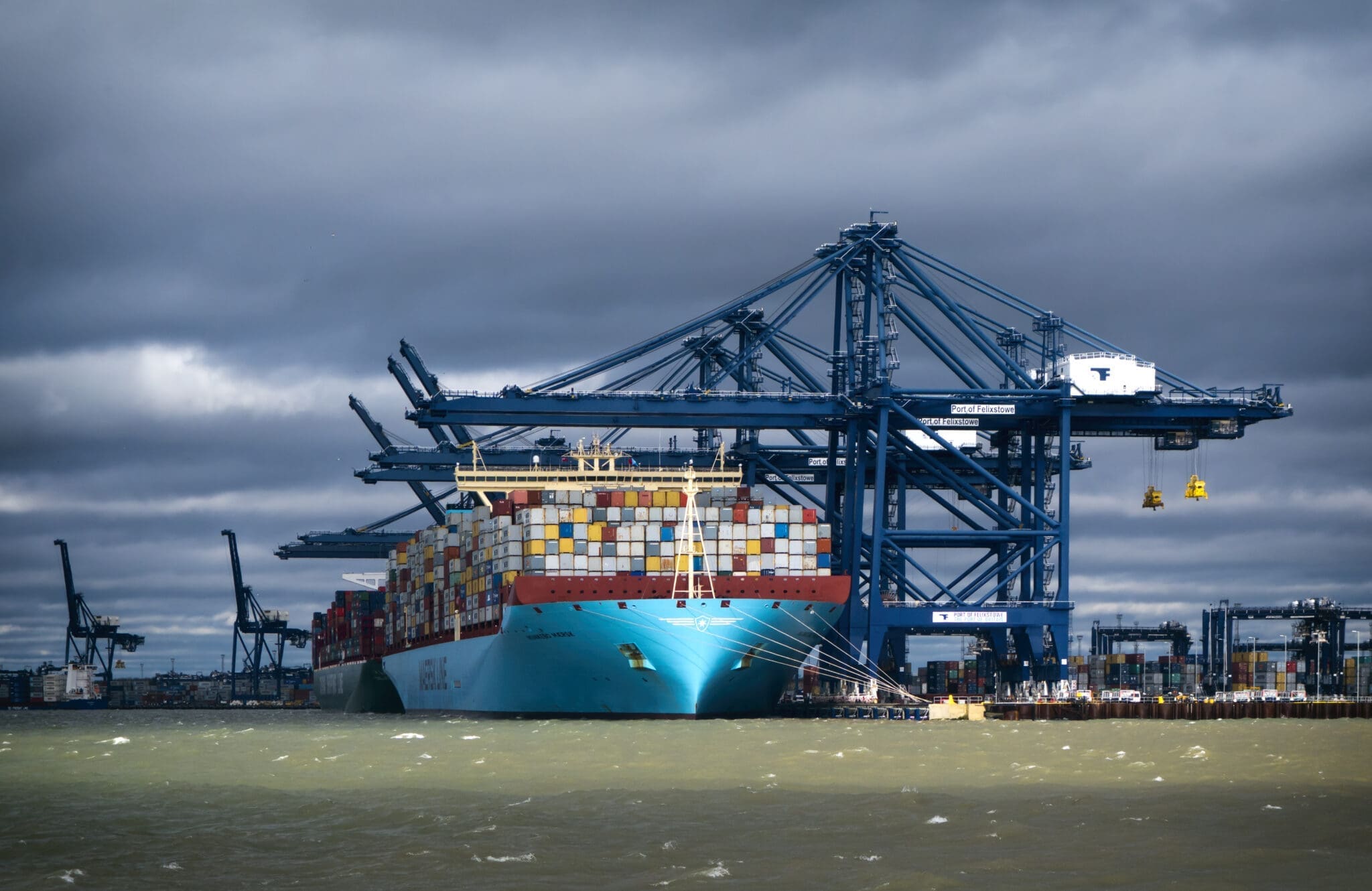Global Sustainability Priorities Survey shows that only 19% of organisations have full visibility into their supply chain sustainability, despite 63% citing it as a board-level priority.
Abingdon, UK – 25 April 2025 – A new global survey from Achilles highlights where companies stand in their sustainability journey, revealing growing strategic intent but uneven execution when it comes to embedding sustainability across complex supply chains.
The 2025 Global Sustainability Priorities Survey, based on responses from over 1,600 companies, including buying organisations, as well as suppliers shows that 63% of businesses now consider sustainability a board-level priority. Yet only 19% report full visibility into sustainability performance across their supply chains.
Key insights from the report:
- 63% say sustainability is a board-level priority.
- Just 19% have full visibility into supply chain sustainability.
- Only 20% apply consistent sustainability standards across all suppliers.
- 38% say sustainability is not yet a key factor in supplier selection.
- Reputational risk is now the most cited concern linked to poor sustainability performance—surpassing cost and operational risks.
The findings indicate a growing recognition of sustainability as a business imperative – driven by regulation, investor expectations, and reputational risk. The findings also reflect the operational challenges many organisations face when trying to align suppliers to consistent standards.
“The intent is clearly there, but the ability to act at scale is still developing,” said Paul Stanley, CEO of Achilles. “This survey provides valuable benchmarking for companies looking to understand where they are and what gaps need closing to make sustainability work end-to-end.”
Achilles supports organisations in building more transparent, ethical, and sustainable procurement ecosystems through supplier audits, ESG assessments, and its Ethical Business Programme.
“Organisations are increasingly aware that sustainability performance must extend beyond internal operations to include suppliers. That means having the right data, the right partnerships, and a scalable framework to drive change,” added Dr Stanley.
The full report is available to download here.




